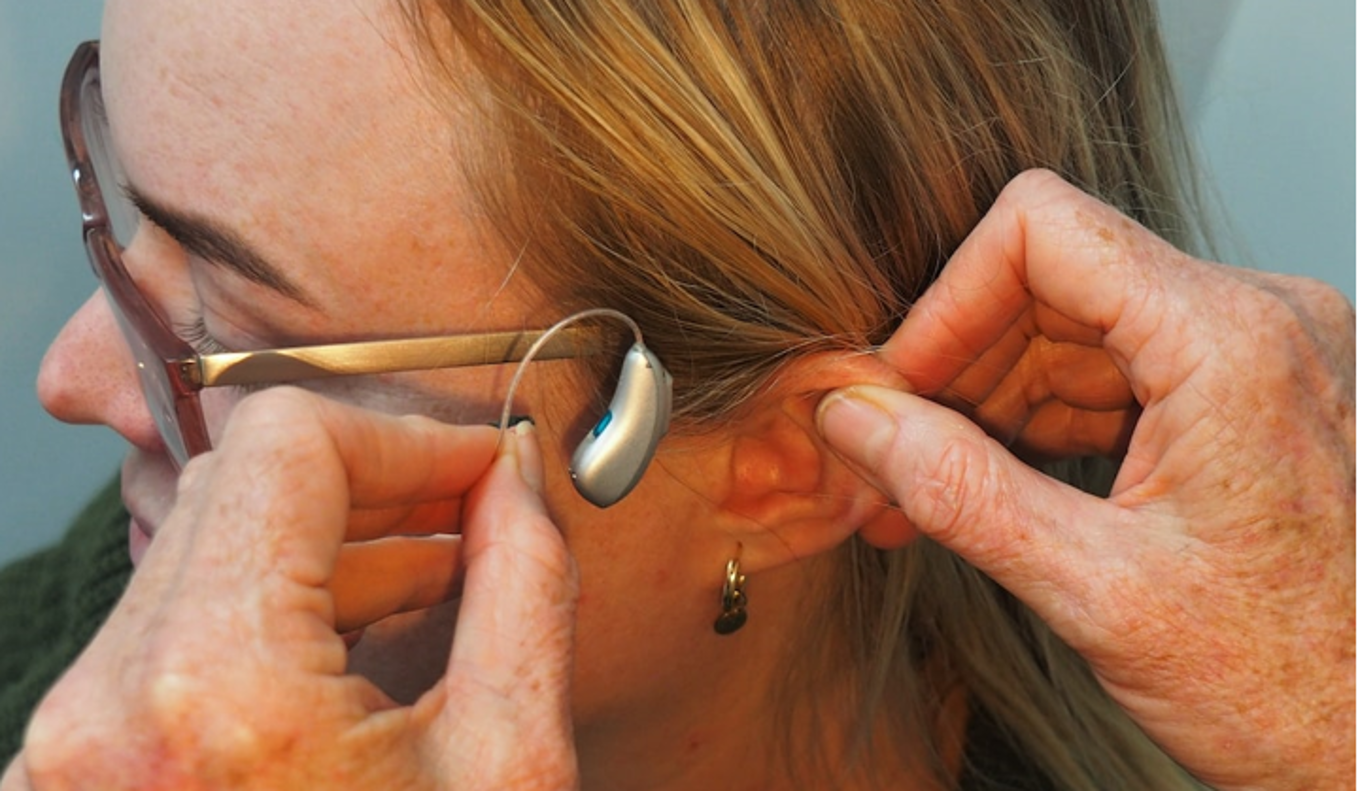Hearing aids may slow cognitive decline for some older people, new study finds
17/08/2023

Older people deemed to be at risk of developing dementia who were given hearing aids and counselling had less cognitive decline over a three-year period, a randomised trial has found.
The ACHIEVE study, published in The Lancet medical journal, found that at-risk seniors in the US saw their rate of cognitive decline nearly cut in half over three years if they wore hearing aids, compared to seniors who just received education.
Previous research has shown a link between hearing loss and cognitive decline, but experts said this study supports the need for seniors to use devices to mitigate the risk.
“It’s a testament that hearing intervention, it's not just improving your hearing; there are a lot of cascading effects that we see now,” said the study’s co-principal investigator Professor Frank Lin, from Johns Hopkins Cochlear Center for Hearing and Public Health, Baltimore, adding the study shows that good hearing “decreases loneliness, improves your social engagement, you become more active (and) it might take a load off your brain.”
As for the next steps with this research, Professor Lin said the researchers are going to continue to follow the people who started off healthy to track if they eventually see any benefit from the hearing aids.
He also plans to do more research on whether there are long-term cognitive benefits with hearing aids and their ability to reduce rates of dementia.














